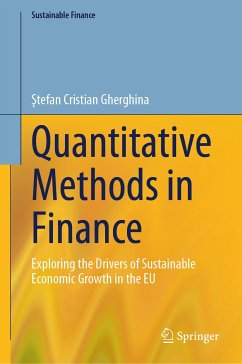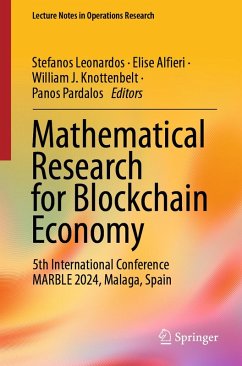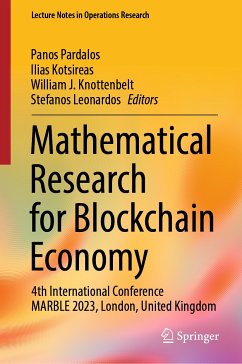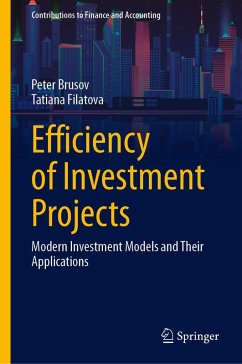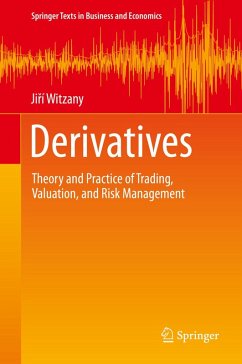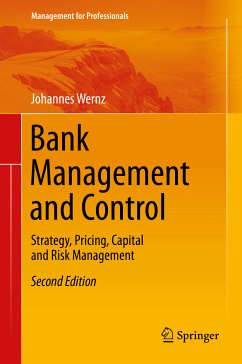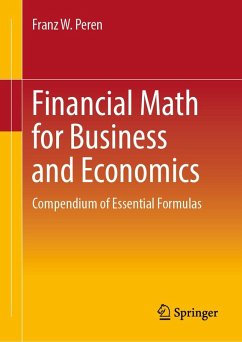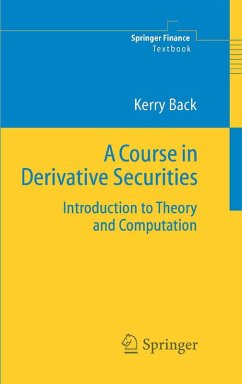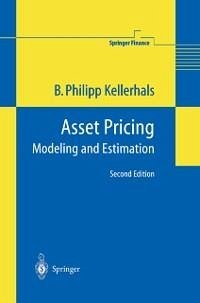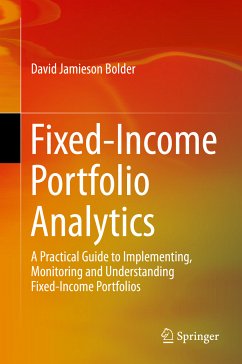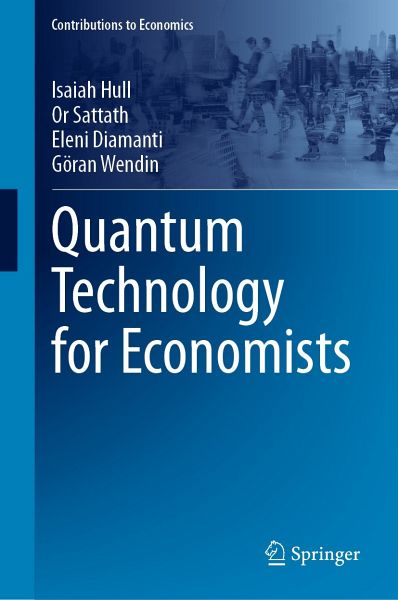
Quantum Technology for Economists (eBook, PDF)
Versandkostenfrei!
Sofort per Download lieferbar
72,95 €
inkl. MwSt.
Weitere Ausgaben:

PAYBACK Punkte
36 °P sammeln!
This book offers an introduction to quantum technology that is specifically tailored to economists, students of economics, and professionals in the financial and payments industries. The book reviews quantum speedups that have been identified for algorithms used to solve and estimate economic models, including function approximation, linear systems analysis, graphical modeling, Monte Carlo simulation, matrix inversion, principal component analysis, linear regression, dynamic programming, interpolation, numerical differentiation, and true random number generation. It also provides an overview o...
This book offers an introduction to quantum technology that is specifically tailored to economists, students of economics, and professionals in the financial and payments industries. The book reviews quantum speedups that have been identified for algorithms used to solve and estimate economic models, including function approximation, linear systems analysis, graphical modeling, Monte Carlo simulation, matrix inversion, principal component analysis, linear regression, dynamic programming, interpolation, numerical differentiation, and true random number generation. It also provides an overview of quantum financial technology and its potential applications in economics and finance. Written by an interdisciplinary team with backgrounds in economics, computer science, and physics, this book offers a valuable guide for researchers and practitioners who want to understand the implications and possibilities of quantum technology for the field of economics.
Dieser Download kann aus rechtlichen Gründen nur mit Rechnungsadresse in A, B, BG, CY, CZ, D, DK, EW, E, FIN, F, GR, HR, H, IRL, I, LT, L, LR, M, NL, PL, P, R, S, SLO, SK ausgeliefert werden.



